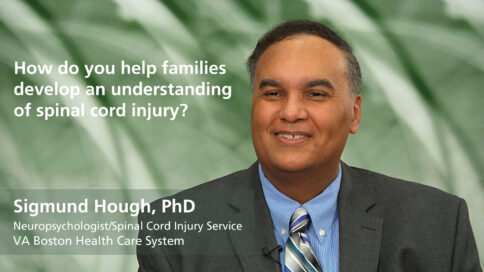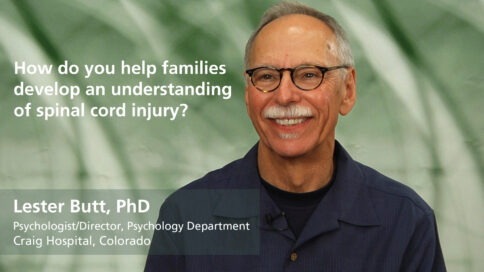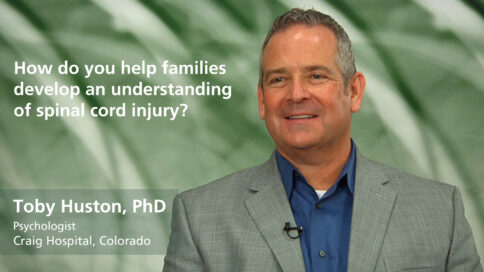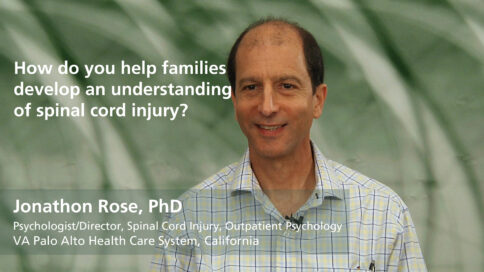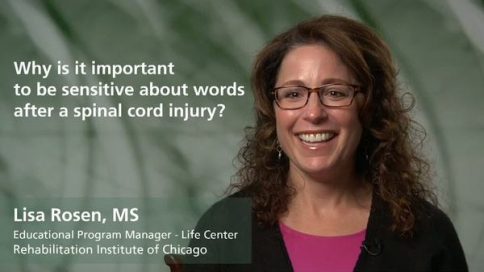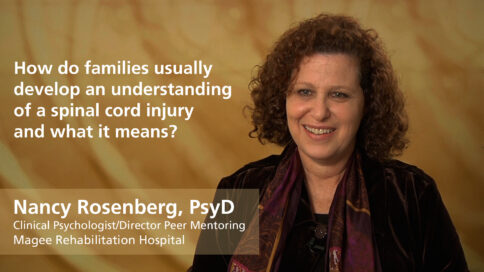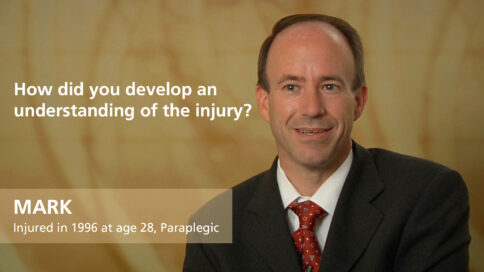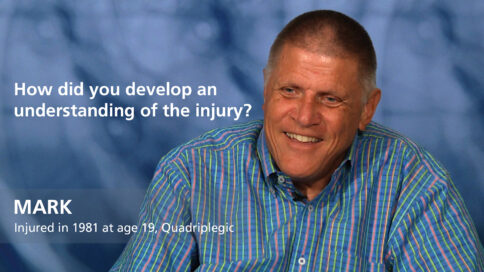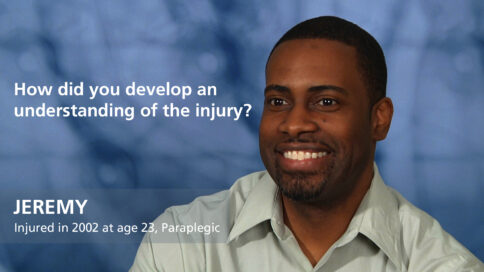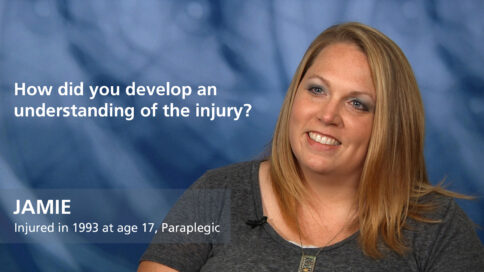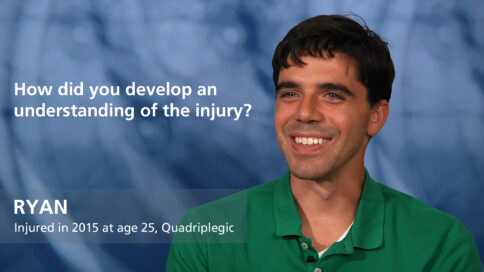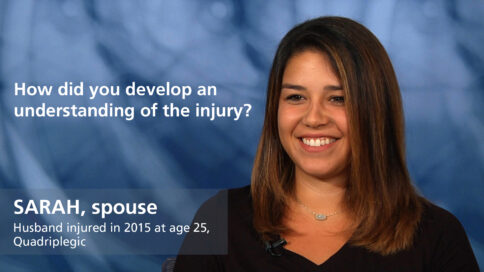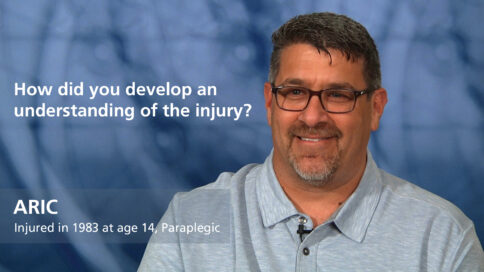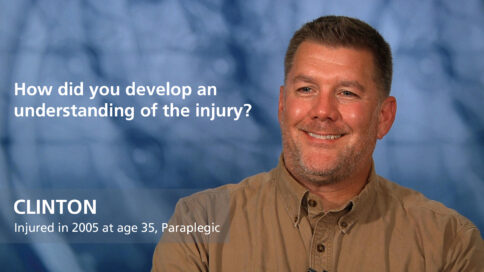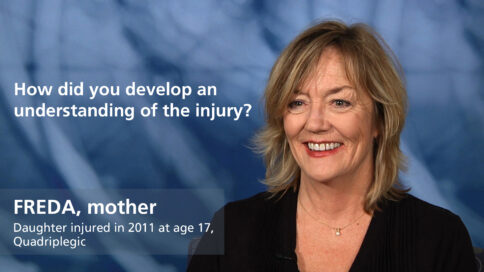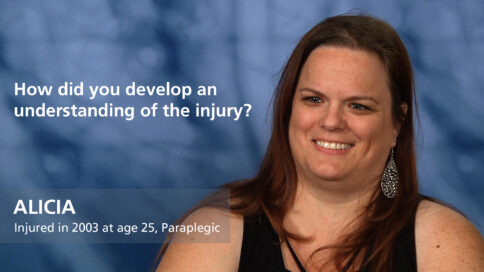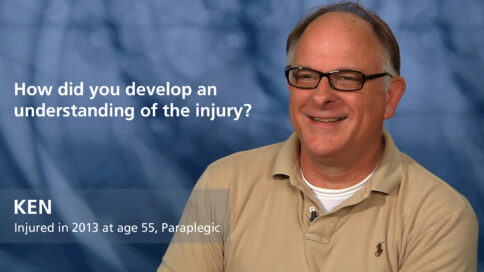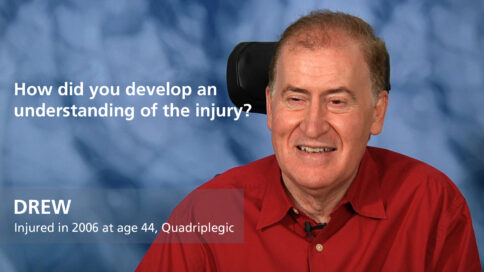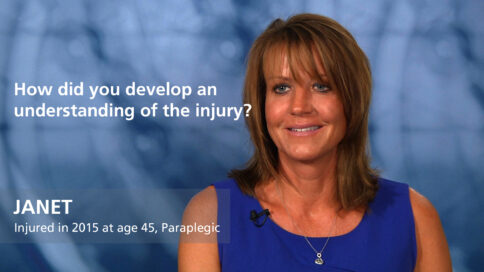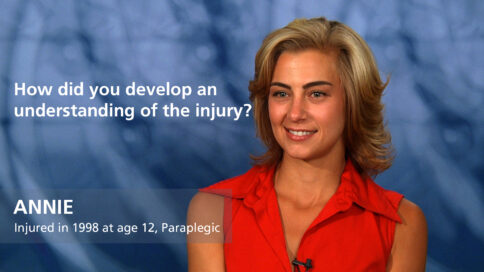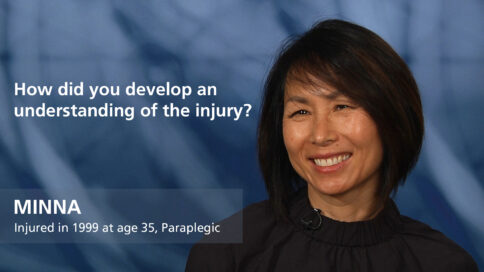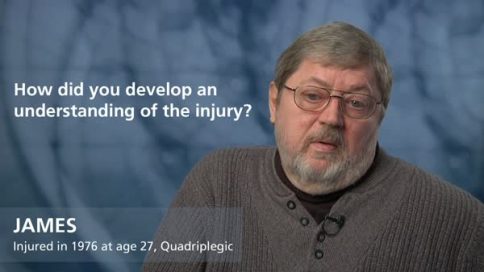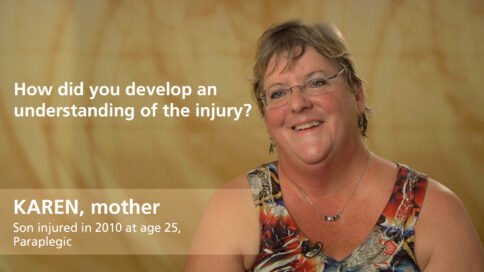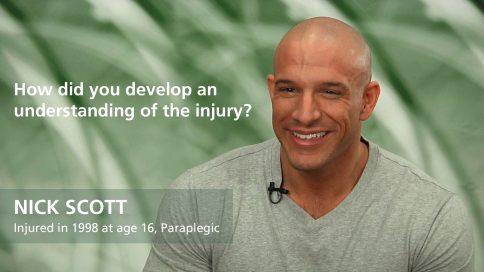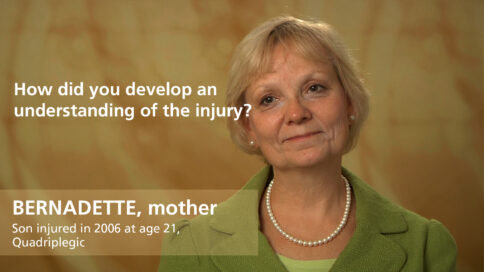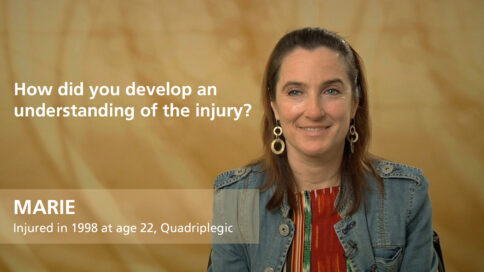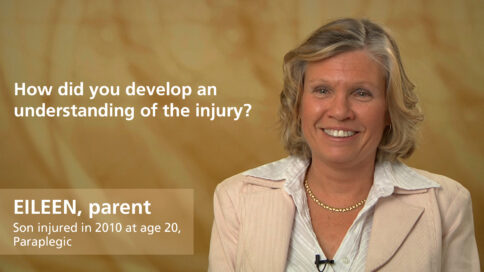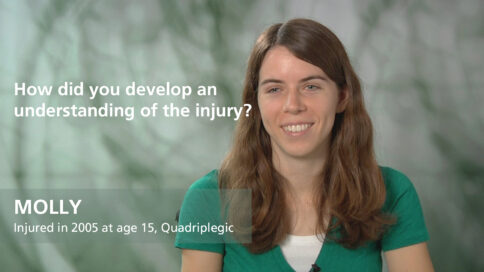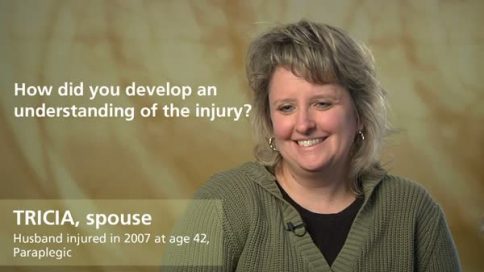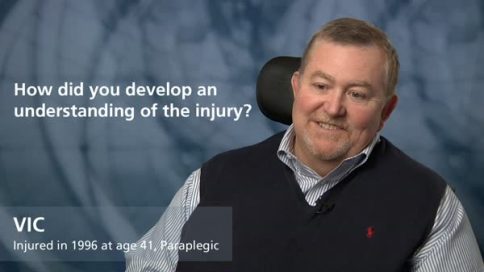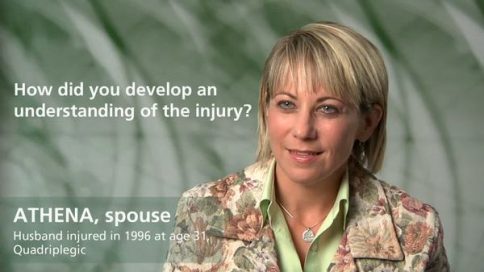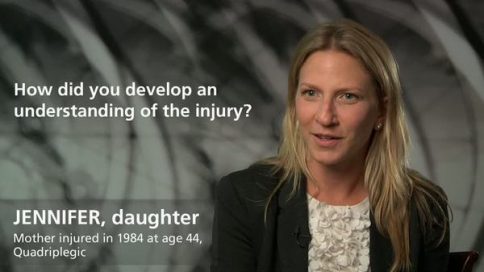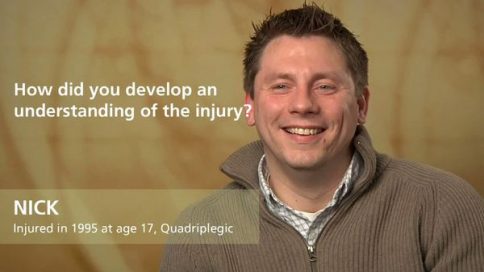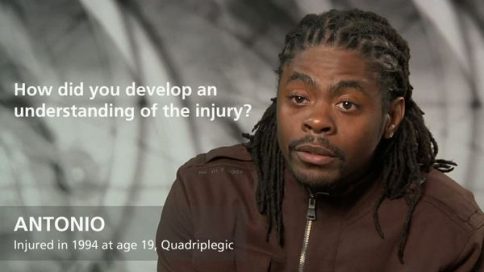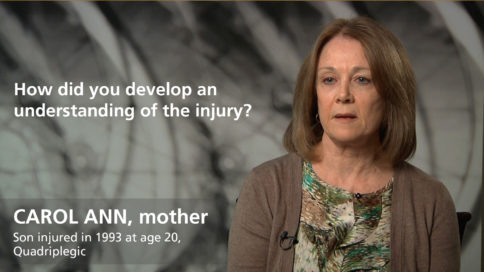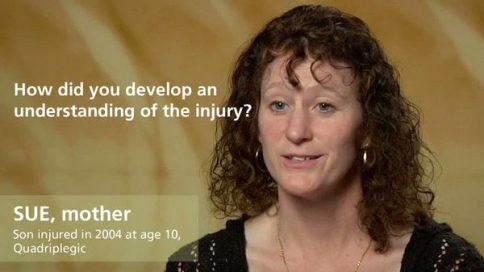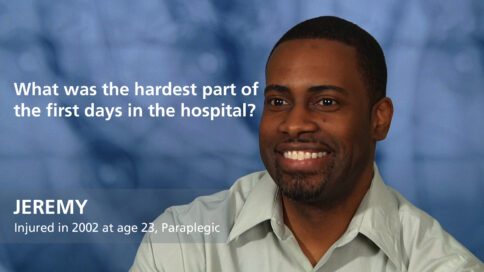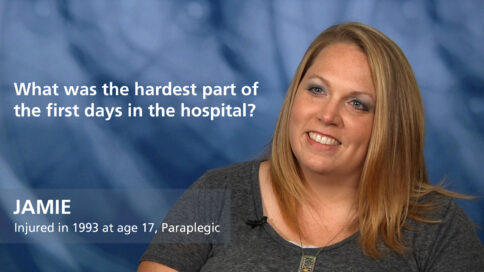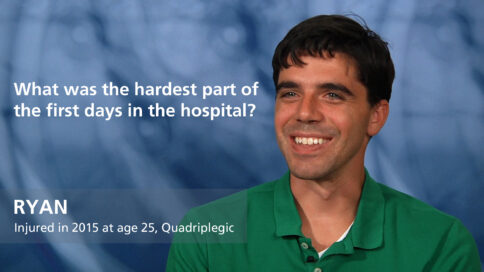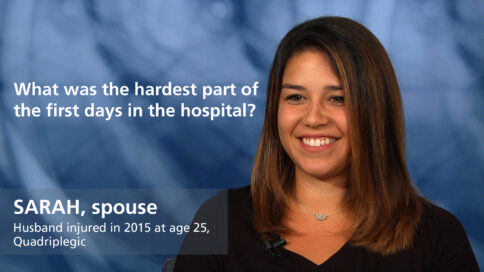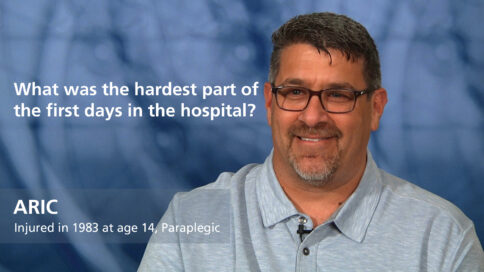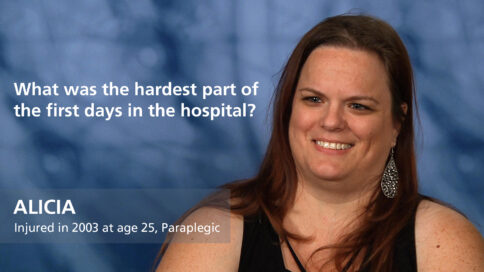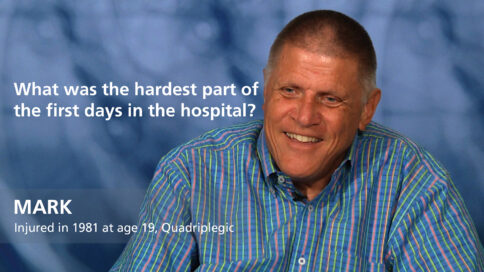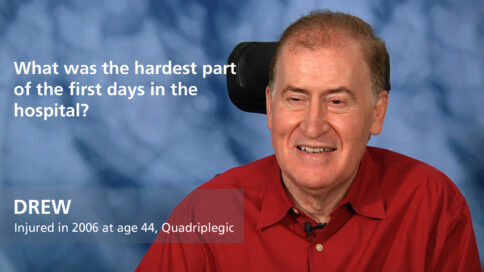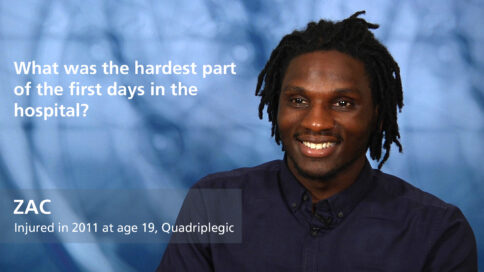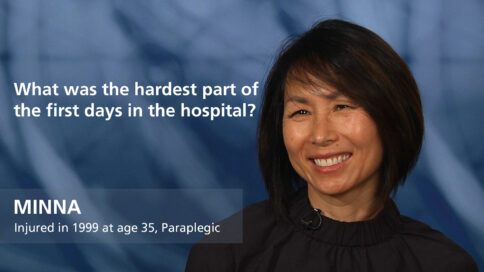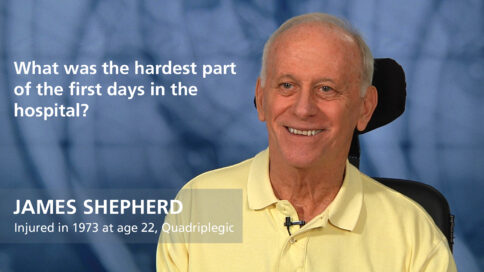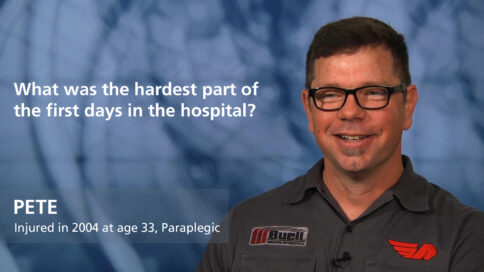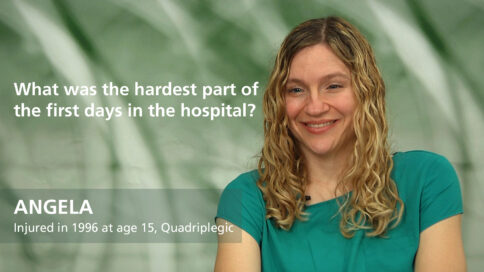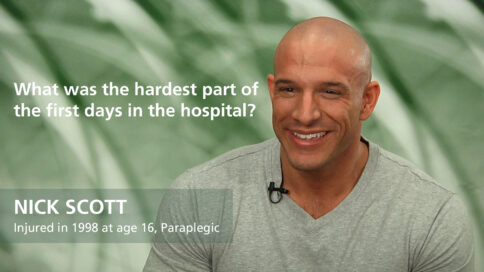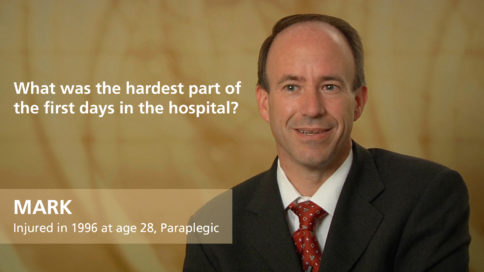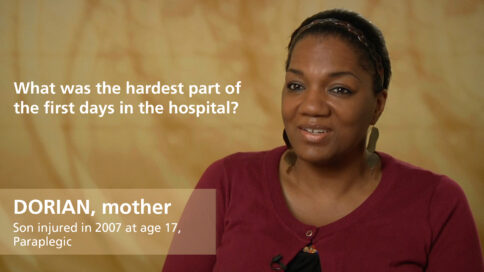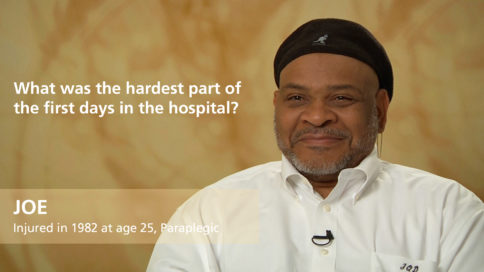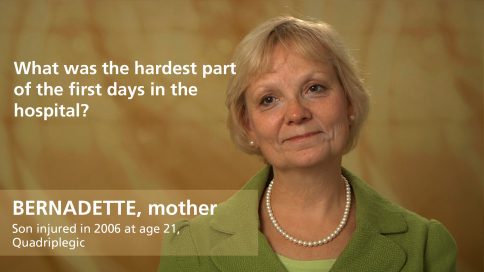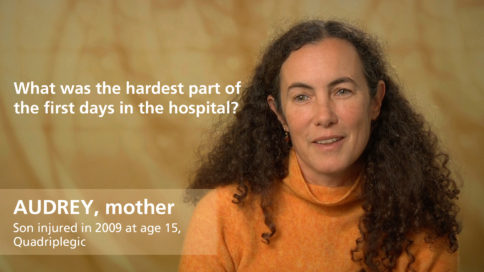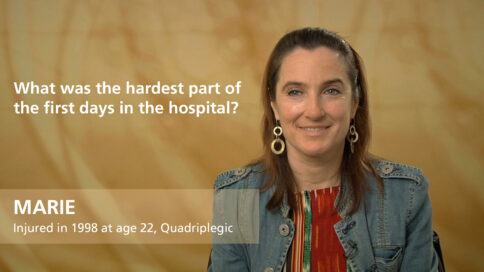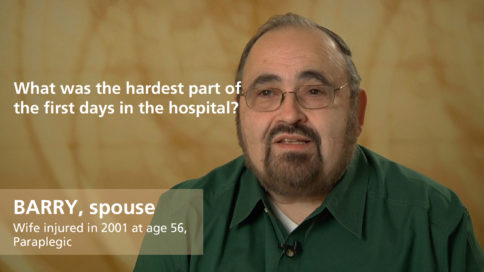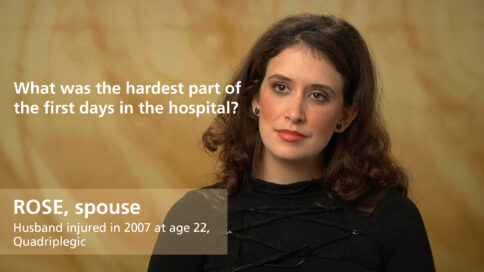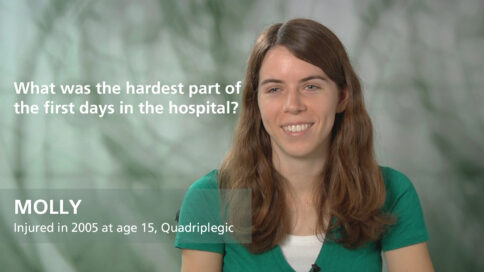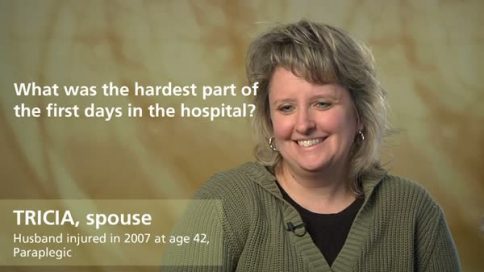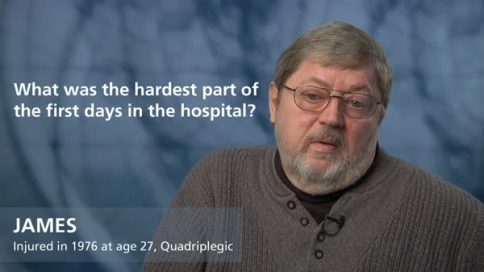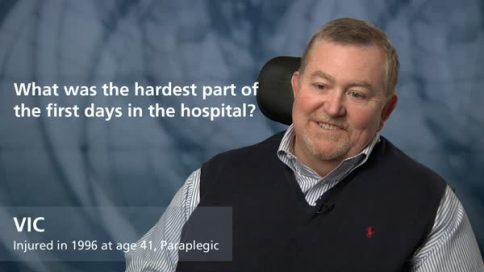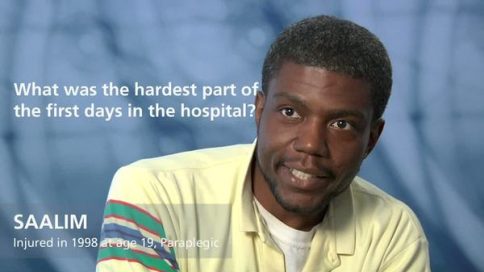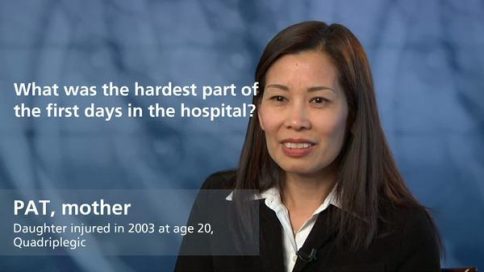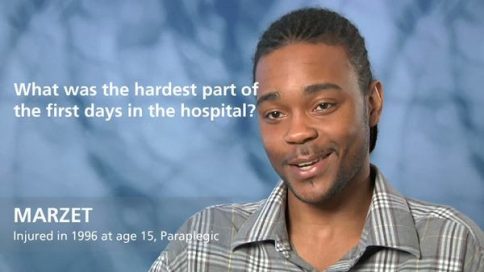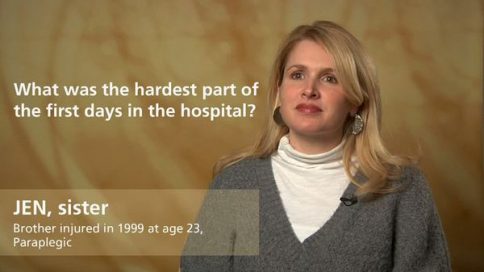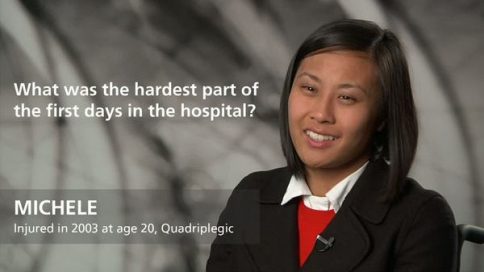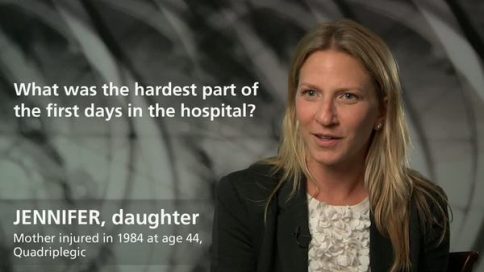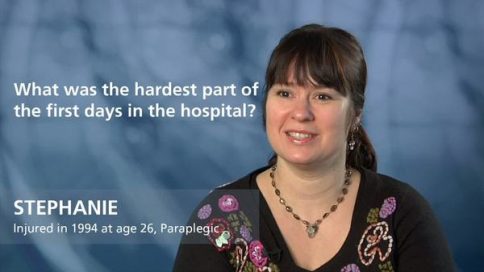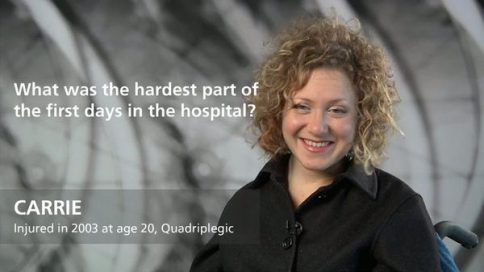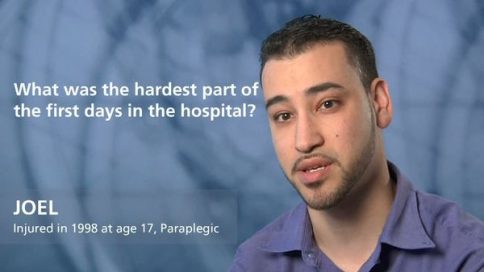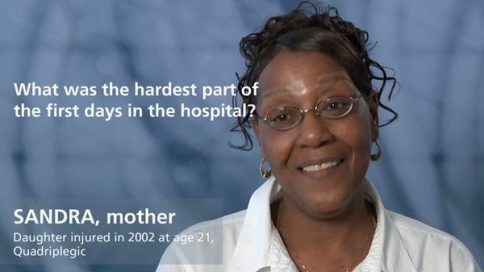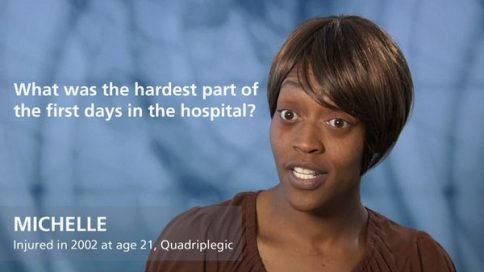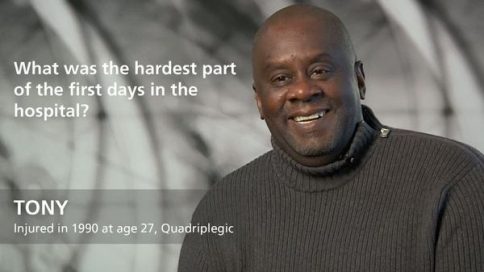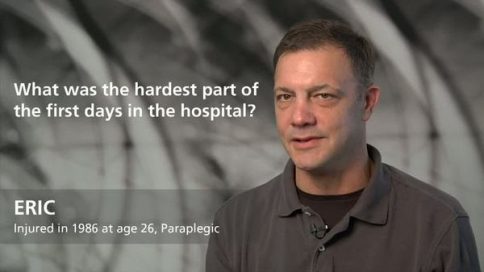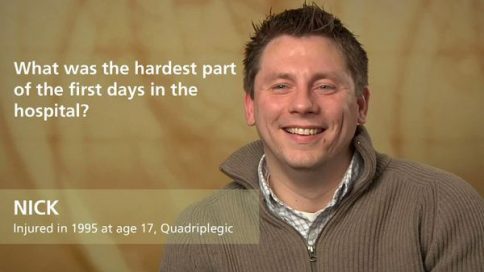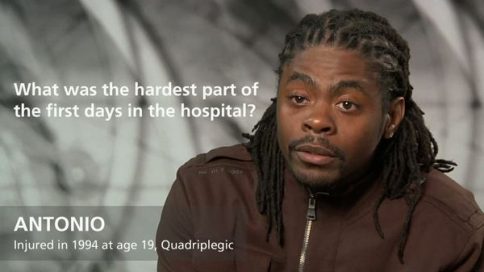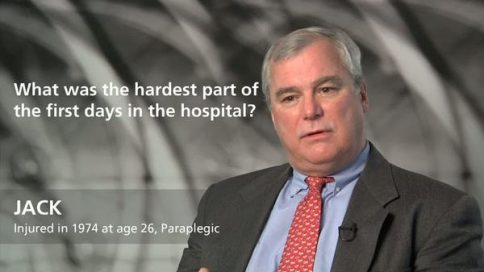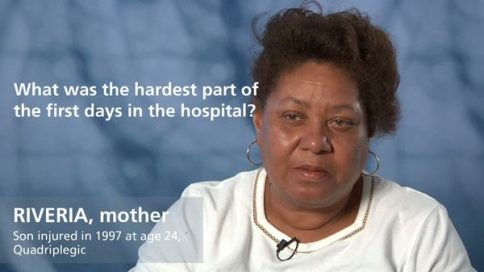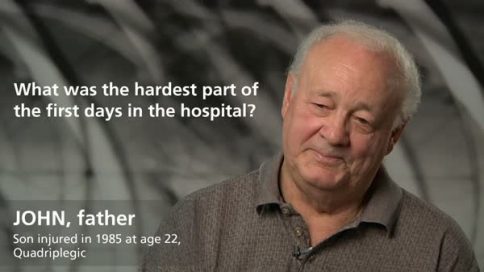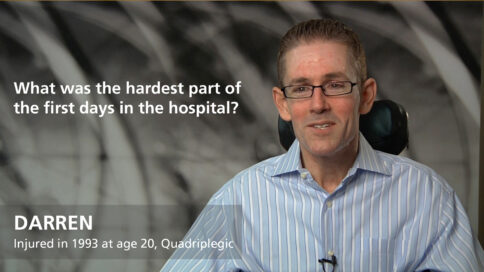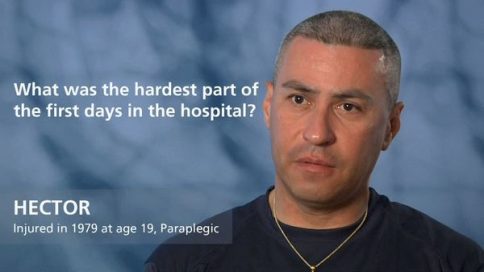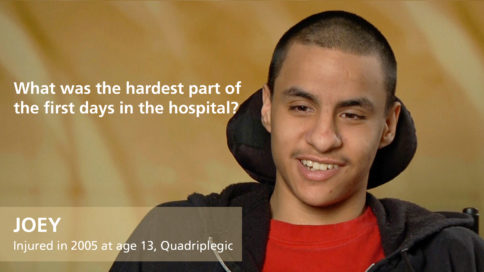How do you help families develop an understanding of spinal cord injury? - Heather Taylor, PhD
|
|
How do you help families develop an understanding of spinal cord injury? |
|
Heather Taylor, PhDPsychologist/Director of Spinal Cord Injury and Disability Services, TIRR Memorial Hermann - Houston |
||
| Read Bio | More Videos by Heather Taylor | |
|
Share |
||
Transcript
When helping families understand for me, it really depends on if we’re talking about a child who is injured or an adult who is injured. With children it’s so complicated because of the development stage, so I really work with the parents and the families to appreciate where the child is. A three-year-old is going to respond very differently to an injury and they’re going to focus on the parents’ interaction, the caregiver’s response, the family’s response to the injury, and look to them for “Am I okay?” Then as a child gets older, it becomes much more internal. Seven-year-olds are going to more likely to look at depression and become a little more worried and see things differently. When I’m dealing with family members of an adult with a spinal cord injury, I take lots of steps to help them prepare. I encourage them to be advocates and not hesitate at all to ask any questions. We want questions, but more often than not, people really are afraid to ask questions of their physicians or therapists. It’s understandable, we’re scared of the reality of what we might hear, and so I really try to help them to try to push past that and don’t be afraid. I love the person who is going to be the neurotic parent or the neurotic caregiver of their family member because I’d rather they ask the silly questions, and get them answered and get some information about what’s really going on. Those are parents, family members are really we really want to hear.
Show Less|
|
||
add
How do you help families develop an understanding of spinal cord injury? |
||
Heather Taylor, PhDPsychologist/Director of Spinal Cord Injury and Disability Services, TIRR Memorial Hermann - Houston |
More Videos by Heather Taylor | |
| Transcriptadd | share | |
When helping families understand for me, it really depends on if we’re talking about a child who is injured or an adult who is injured. With children it’s so complicated because of the development stage, so I really work with the parents and the families to appreciate where the child is. A three-year-old is going to respond very differently to an injury and they’re going to focus on the parents’ interaction, the caregiver’s response, the family’s response to the injury, and look to them for “Am I okay?” Then as a child gets older, it becomes much more internal. Seven-year-olds are going to more likely to look at depression and become a little more worried and see things differently. When I’m dealing with family members of an adult with a spinal cord injury, I take lots of steps to help them prepare. I encourage them to be advocates and not hesitate at all to ask any questions. We want questions, but more often than not, people really are afraid to ask questions of their physicians or therapists. It’s understandable, we’re scared of the reality of what we might hear, and so I really try to help them to try to push past that and don’t be afraid. I love the person who is going to be the neurotic parent or the neurotic caregiver of their family member because I’d rather they ask the silly questions, and get them answered and get some information about what’s really going on. Those are parents, family members are really we really want to hear.
